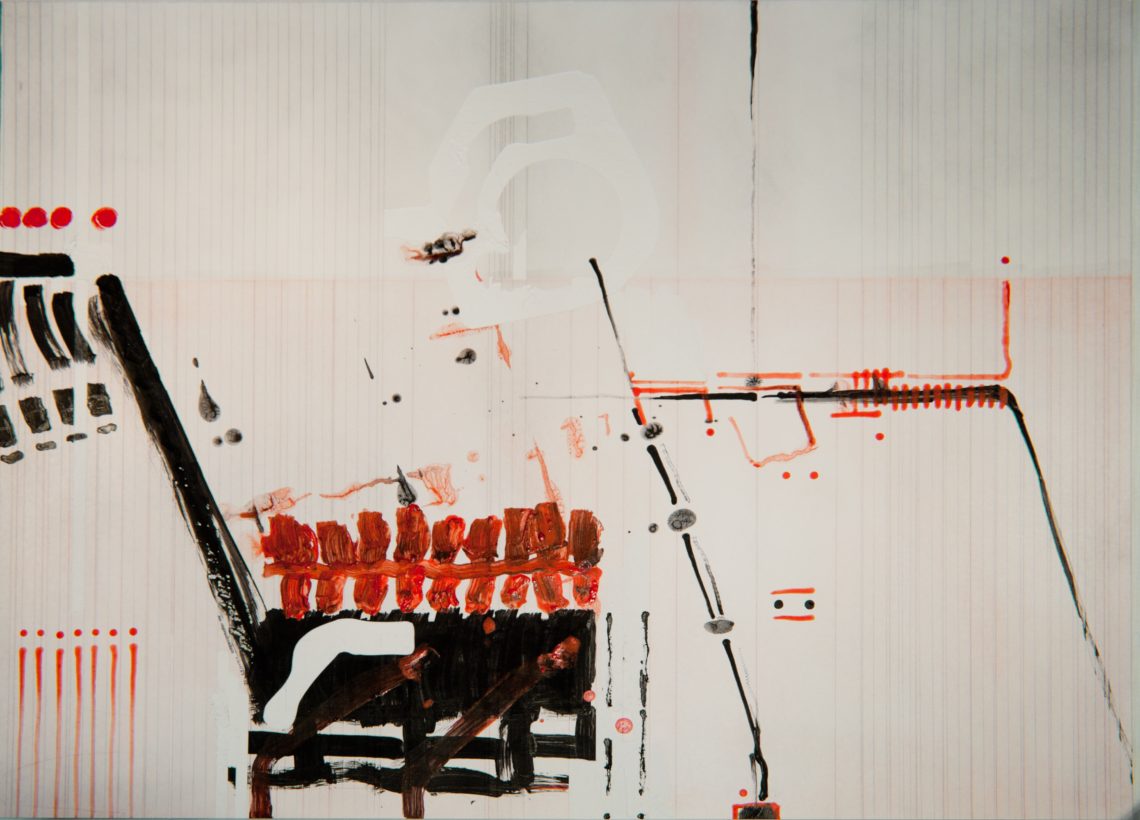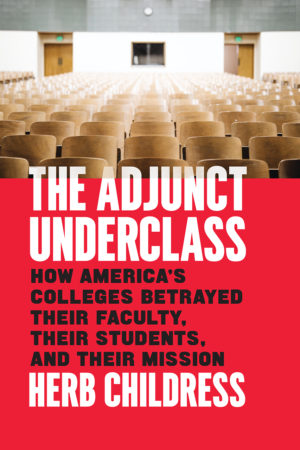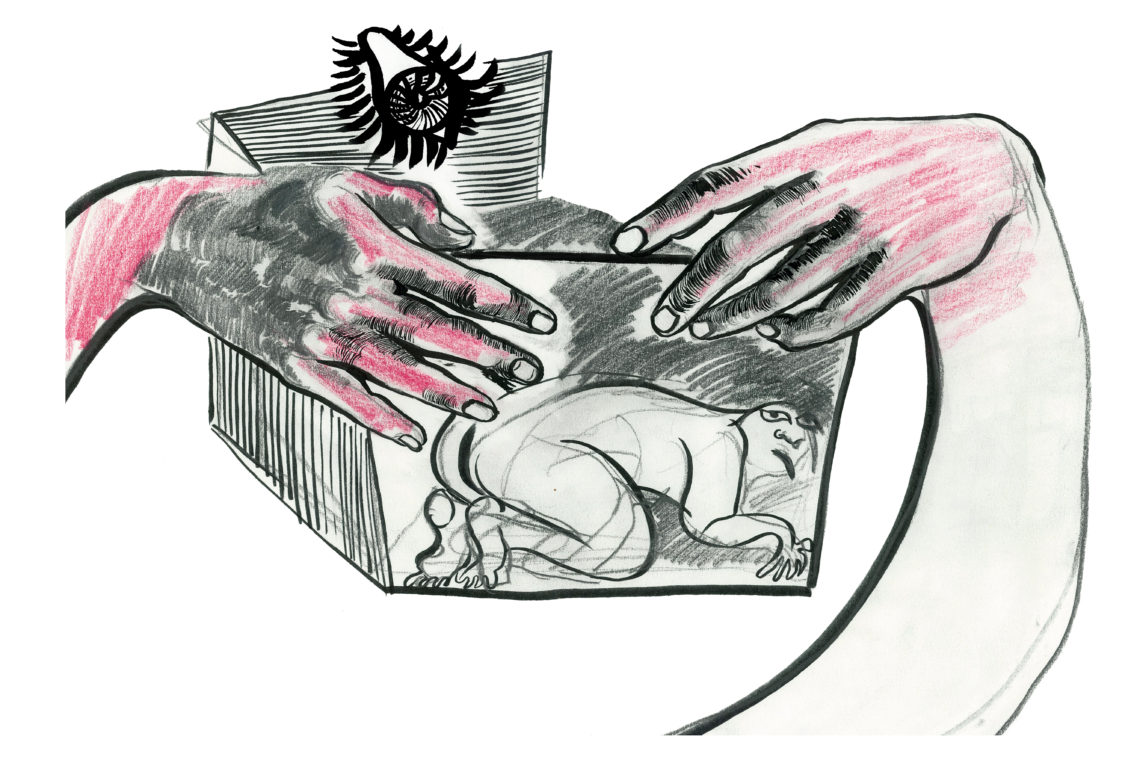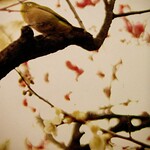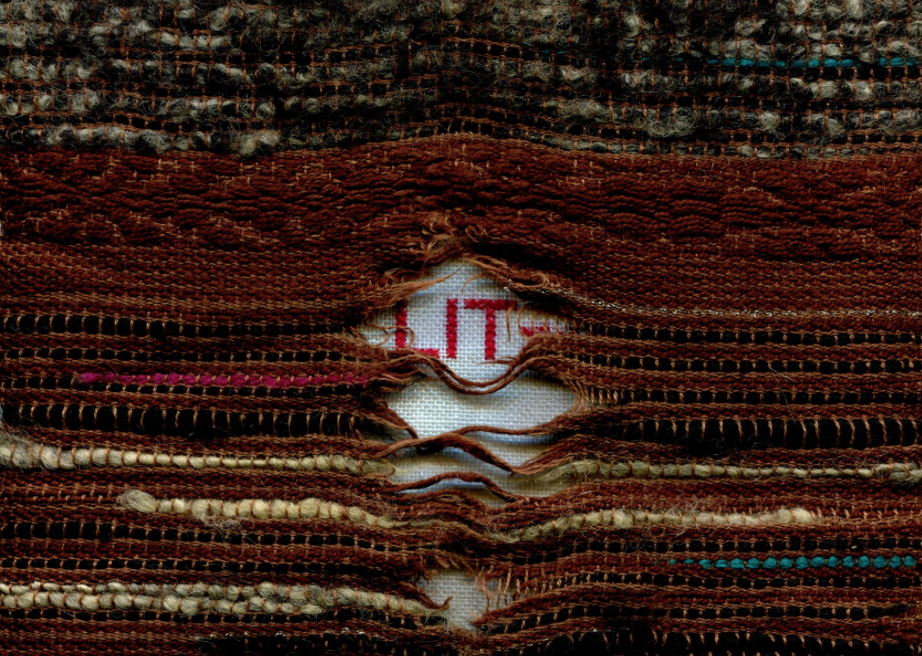-
“Orange” and “South 2” by Michel Vachey (Translated from the French by S. C. Delaney and Agnès Potier)
ORANGE
Air France stewardesses are in danger
carmine strokes the dried blood near some petals slams into the sink of the crime now softly blazes on crimson curtains
pink only belongs to pink roses
why does orange gall us, revolt us, sicken our stomachs and our hearts to the point of despairing of a varnished and vanquished rage?
color that, henceforth, symbolizes most of all chemistry, which is the plastic reality of modern life beyond any philosophical and political concern,
-
“The Adjunct Underclass by Herb Childress” Reviewed by Scott Wordsman
What was the adjunct? A dialectical approach to faculty contingency on America’s campuses
There are two distinct points of friction within American higher education, which, if thought about long enough, seem to feed off each other, and have, for decades, been rendering America’s campuses graveyards of critical thought. The first is the transformation of what was traditionally deemed a public good into a commodified entrance pass into the professional world. This, among other absurdities, begets the ubiquitous but what are you going to do with that? question from relatives who couldn’t fathom why anyone would pursue,
-
“Bartering: Day after Diagnosis” by Cassie Garison
I will give you my horns, hooked& taurean. I will give you my crown,woven from rose-thorns and olivebranch, copper wire & shardsof glass. I have been collectingshells: fastening them togetherwith scraps of twine, wind them tightaround my neck. They drag me deepbeneath a rabid sea. Other days:I press each conch into my skinlet it sting like iron at the hipof a cow. -
Four Poems by Bronka Nowicka from “To Feed the Stone” (translated from the Polish by Katarzyna Szuster) Drawings by Lula Bajek
Box
Mother doesn’t know that heaven exists. She’s getting a double chin from looking down. Her head, as heavy as an iron, presses that fold down.
Father keeps getting in mother’s way. He’s short. To reach grown-up things, he needs to stand on his tippy-toes or get a chair. He just moved it by pressing his belly against the seat. Now he points to the cushions. He needs them stacked to reach the table. He clambers up, props his elbows on the counter covered with an oilcloth, next to a spoon,
-
“Come Next Spring” by Paul Bamberger
“the epochal consciousness has turned a somersault in the void”Karl Jaspersfrom: Man in Modern Timescome next spring this category will swing its gate closedyes yes we’re readybut who are they these poetswe have no ideacould they be the wicked little joke we never quite understood but laughed at anywaywe don’t believe somisdemeanors unallotted time and spacemore than thatmuch morea fight to the draw perhapsthat would be too sadcould they be a metaphor lost to an empty conclusiontoo far afieldwhy then don’t we just say they are mercy screaming down a hill after waking the bonesthe scavenging moon in chaseyou might be onto something hereand do they come back oftenyes come in spring so we are toldlooking for whatwho knowsi have heard they suffer bad mood swingswe’ll see*Paul Bamberger received an MFA in Creative Writing from the University of Massachusetts Writing Program.
-
“The Bell” by Martin Jago
It’s coming back, the black brick of despairthey made you dive for, early September,a monument today, stacked plastic chairsin blazing orange glory. Dust remembersthe chorus of the great assembly hall,and matron’s kindness hanging by a hingebeneath the gralloch of its flattened walls.Remember the smell of chlorine on your skin,the way you used lick it, smell your hand?The piano opens in a toothless yawnand with the slow sweep of a mop the sandsnakes past,
